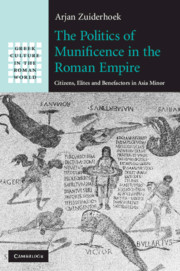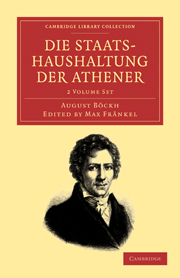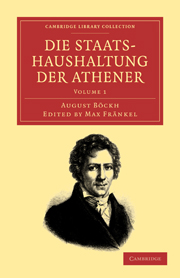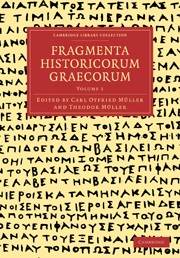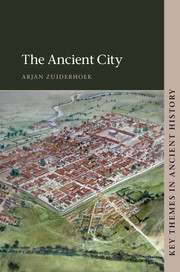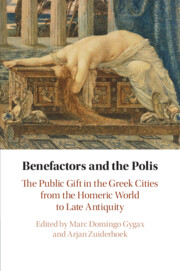The Politics of Munificence in the Roman Empire
In the first two centuries AD, the eastern Roman provinces experienced a proliferation of elite public generosity unmatched in their previous or later history. In this study, Arjan Zuiderhoek attempts to answer the question why this should have been so. Focusing on Roman Asia Minor, he argues that the surge in elite public giving was not caused by the weak economic and financial position of the provincial cities, as has often been maintained, but by social and political developments and tensions within the Greek cities created by their integration into the Roman imperial system. As disparities of wealth and power within imperial polis society continued to widen, the exchange of gifts for honours between elite and non-elite citizens proved an excellent political mechanism for deflecting social tensions away from open conflicts towards communal celebrations of shared citizenship and the legitimation of power in the cities.
- Offers a substantial reassessment of the nature of public munificence in the Graeco-Roman world
- Provides a detailed case study of an important area of the Roman Empire
- Investigates and explains the rise of public giving in Asia Minor, relating it clearly to wider long-term developments in the Roman Empire
Product details
May 2009Hardback
9780521519304
206 pages
235 × 156 × 15 mm
0.47kg
Available
Table of Contents
- Preface
- 1. Introducing euergetism: questions, definitions and data
- 2. The size and nature of gifts
- 3. The icing on the cake?
- 4. The concentration of wealth and power
- 5. The politics of public generosity
- 6. Giving for a return: generosity and legitimation
- Conclusion
- Epilogue. The decline of civic munificence
- Appendices.

